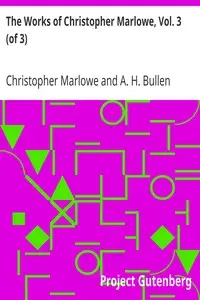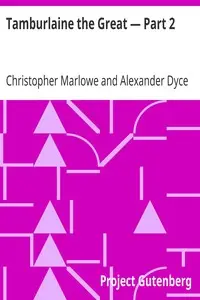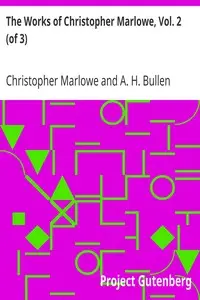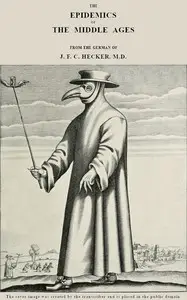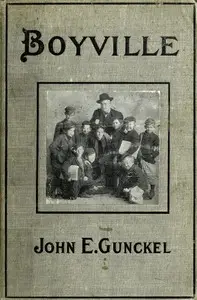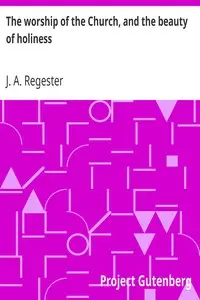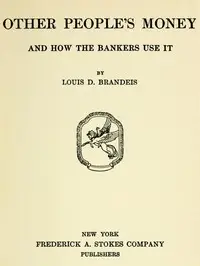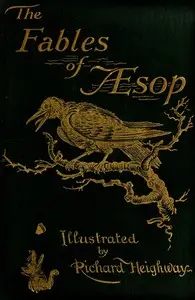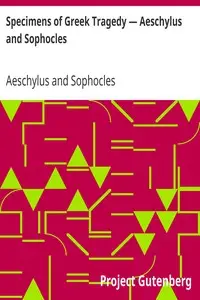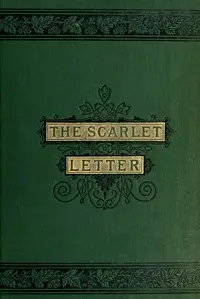"Edward the Second" by Christopher Marlowe is a historical play written in the late 16th century. The work focuses on the troubled reign of King Edward II of England, emphasizing his relationship with his favorite, Piers Gaveston, amidst a backdrop of political turmoil and rebellion. The play explores themes of love, power dynamics, and the conflicts between personal desires and the responsibilities of monarchy. The beginning of the play introduces Gaveston, who has just returned from exile and expresses his delight at reuniting with King Edward II. Their close bond is evident as Edward openly defies the disapproval of the nobles towards Gaveston's status. As tensions rise among the king's peers, who resent Gaveston’s influence and his elevation in ranks, the seeds of conflict are sown. Edward's refusal to exile Gaveston once more ignites anger among the barons, paving the way for a struggle between personal loyalty and political power. This initial setup hints at the tragic events that will unfold as loyalties are tested and destinies intertwine. (This is an automatically generated summary.)

Edward the Second
By Christopher Marlowe
"Edward the Second" by Christopher Marlowe is a historical play written in the late 16th century. The work focuses on the troubled reign of King Edwar...
Christopher Marlowe, also known as Kit Marlowe, was an English playwright, poet, and translator of the Elizabethan era. Marlowe is among the most famous of the Elizabethan playwrights. Based upon the "many imitations" of his play Tamburlaine, modern scholars consider him to have been the foremost dramatist in London in the years just before his mysterious early death. Some scholars also believe that he greatly influenced William Shakespeare, who was baptised in the same year as Marlowe and later succeeded him as the preeminent Elizabethan playwright. Marlowe was the first to achieve critical reputation for his use of blank verse, which became the standard for the era. His plays are distinguished by their overreaching protagonists. Themes found within Marlowe's literary works have been noted as humanistic with realistic emotions, which some scholars find difficult to reconcile with Marlowe's "anti-intellectualism" and his catering to the prurient tastes of his Elizabethan audiences for generous displays of extreme physical violence, cruelty, and bloodshed.


